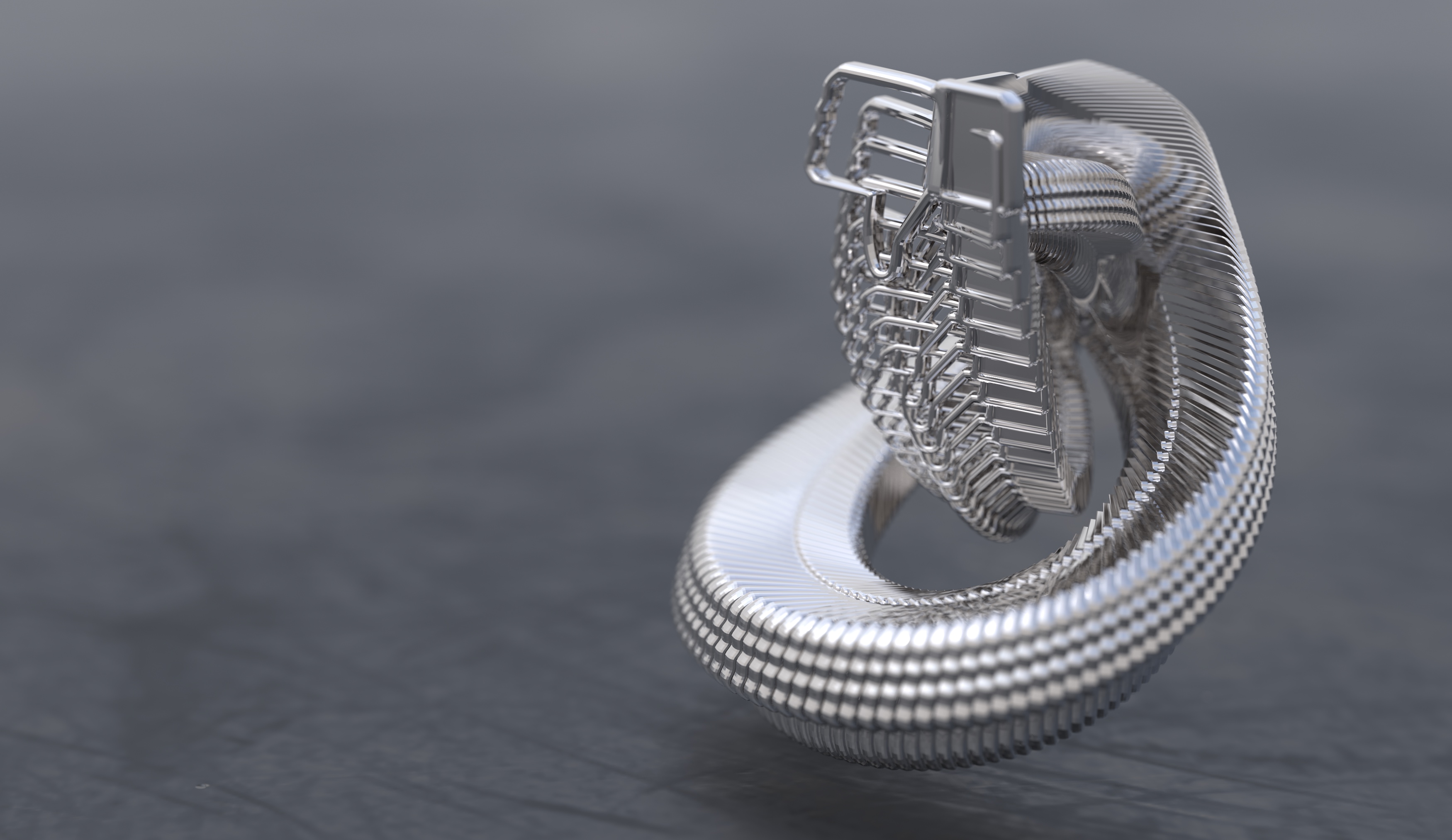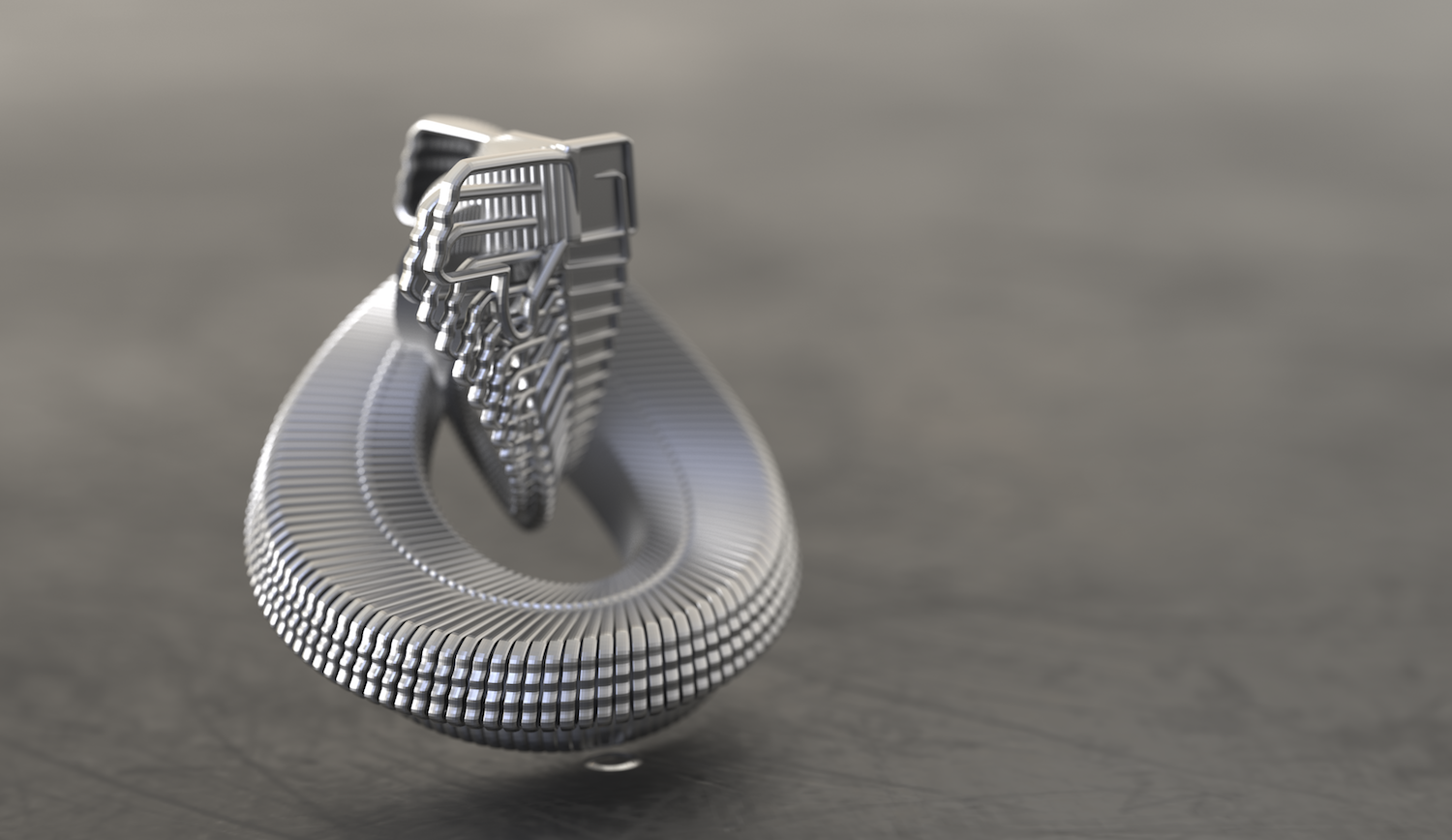The power of like
According to Facebook’s Help Center:
“Like” is a way to give positive feedback or to connect with things you care about on Facebook. You can like content that your friends post to give them feedback or like a Page that you want to connect with on Facebook.”
How important is it to have lots of fans on Facebook? Short answer; there is no definitive number and the number of likes is FAR less important than the quality of the likes. What you see on the Timeline of any Facebook Page represents only the number of people who like the page. PERIOD.
“Like” is an example of what I would call, “virtual empathy.” We are all well aware of what it means to be empathic toward someone: having the ability to understand and share in another’s emotional state or context. How does this fit, however, when you try to do that same in a virtual environment such as through e-mail or on Facebook? How much does it matter that you are understanding and sharing someone’s emotional state when all you are able to do is to infer his or her emotional state from printed words on a screen? Is virtual empathy as good as real-world empathy in making us feel supported and cared for by our friends? And does it matter if those friends are our real (face-to-face) friends or simply people who we know online or, for some reason, have added to our Facebook friends list?
The power of (dis)like
One of the longest-running requests for Facebook is the “Dislike” button, a hypothetical counterpoint to the iconic “Like” button that would allow users to express their disagreement or discontent with a post.
For the entirety of Facebook’s mainstream history, disapproval or dissatisfaction could only be expressed in comments or as an addendum while sharing the offending post. Facebook reasoning has been well-intentioned: negativity looks and feels very different to the receiver than it does to the sender. The potential for mixed messaging (for example, a “playful” Dislike that comes across as condescending) could compromise relationships and communication. Additionally, unlike the Like button, a Dislike button wouldn’t promote or indicate good content, so it would have an overall dampening effect on sharing and the proliferation of creativity.
But the very concept of “liking” or “disliking” something on the internet looks very different today than in Facebook’s early years, when the notion first surfaced. Reddit, oft-touted as the internet’s frontpage, has the “downvote,” a marker of quality that (in concert with upvoting) helps surface society’s most interesting and important stories. We know that Likes improve organic reach on Facebook in the same manner. On Twitter, a retweet could be considered a vote of approval, but it’s also used sarcastically to spotlight material in a negative light. Even favoriting a tweet isn’t necessarily a vote of confidence, as many Twitter users favorite tweets simply to bookmark them for later viewing.
Whether from these changing definitions or increased pressure to innovate, Facebook has changed its stance. A Dislike button is in development and will soon be rolled out to users in a limited way. It remains to be seen whether the button will appear universally on all post types, either right away or down the line, or indeed whether the button will appear for Pages at all.


